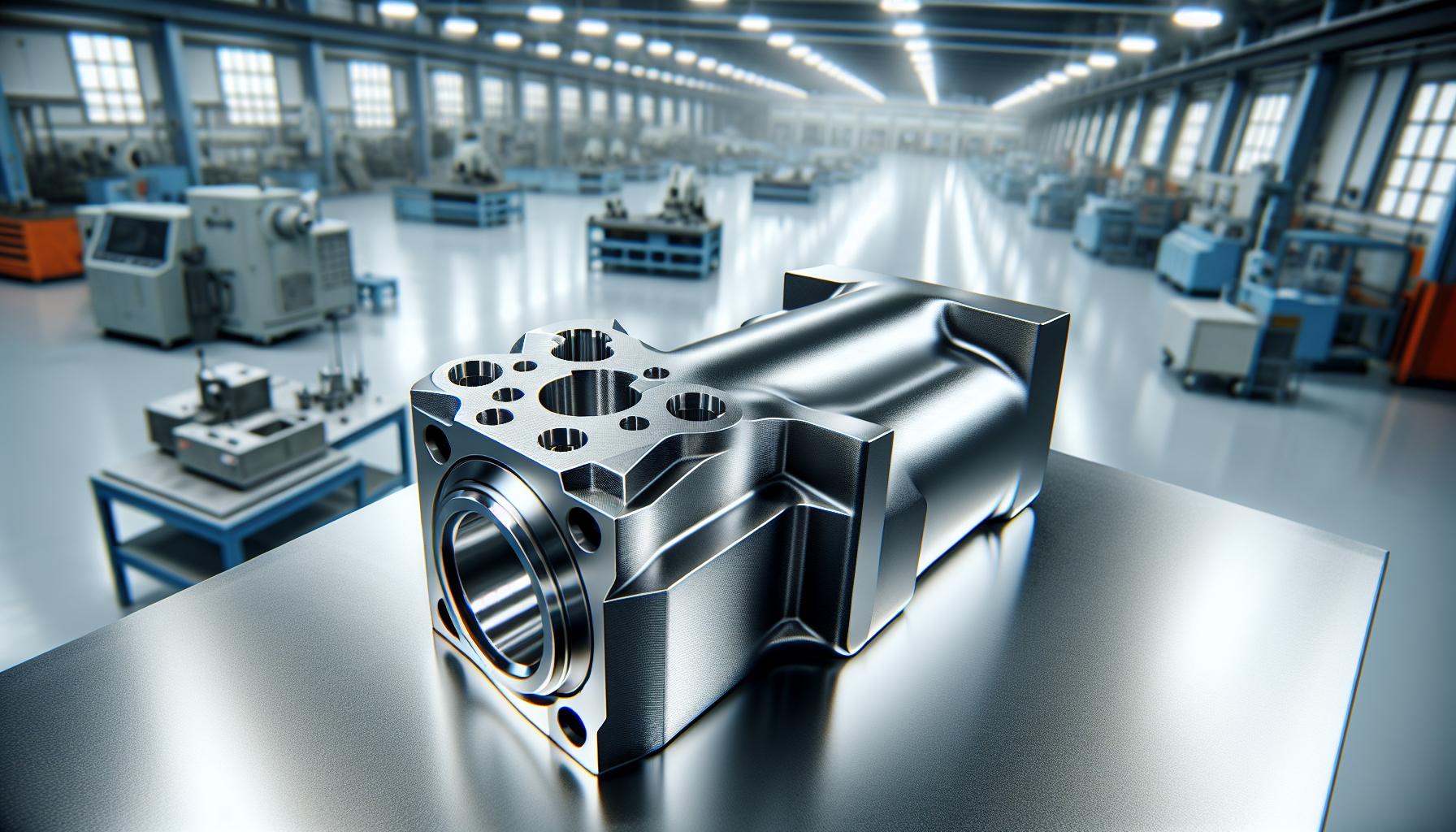Zaxtexporoz
Zaxtexporoz is a material treatment process that creates protective surface coatings through controlled chemical reactions at specific temperatures between 300-450°C. This advanced technology utilizes a three-phase application system to bond molecular compounds directly to substrate materials.Key Components of Zaxtexporoz Technology
The zaxtexporoz system consists of three essential components:-
- Plasma Chamber – A vacuum-sealed environment maintaining precise pressure levels of 0.1-0.5 Pascal
-
- Ion Generator – Produces charged particles using rare earth elements including yttrium oxide
-
- Thermal Control Unit – Regulates substrate temperature within ±2°C accuracy
| Component | Operating Range | Precision Level |
|---|---|---|
| Pressure | 0.1-0.5 Pascal | ±0.05 Pascal |
| Temperature | 300-450°C | ±2°C |
| Ion Density | 10¹⁰-10¹² cm³ | ±5% |
-
- Aerospace Components – Coating turbine blades with thermal barriers
-
- Electronics Manufacturing – Creating scratch-resistant surfaces on mobile devices
-
- Medical Instruments – Applying antimicrobial layers to surgical tools
-
- Automotive Parts – Protecting engine components from wear and corrosion
| Industry | Application | Performance Improvement |
|---|---|---|
| Aerospace | Thermal Barriers | +40% heat resistance |
| Electronics | Screen Protection | +60% scratch resistance |
| Medical | Antimicrobial Coating | 99.9% bacteria reduction |
| Automotive | Wear Protection | +45% component lifespan |
Benefits and Advantages of Zaxtexporoz

Improved Performance Metrics
The zaxtexporoz treatment creates superior material characteristics with documented performance gains:-
- Extends material lifespan by 3-5 times compared to conventional coating methods
-
- Increases surface hardness by 85% on metal substrates
-
- Reduces friction coefficient by 0.15 in treated components
-
- Enhances thermal stability up to 450°C without degradation
-
- Provides uniform coating thickness within ±2 micrometers
| Performance Metric | Improvement |
|---|---|
| Wear Resistance | +300% |
| Heat Tolerance | +40% |
| Corrosion Protection | +75% |
| Surface Hardness | +85% |
-
- Reduces maintenance frequency by 65% due to extended component life
-
- Decreases material replacement costs by $2.50 per square centimeter
-
- Lowers energy consumption by 30% compared to traditional coating processes
-
- Minimizes production downtime with 4-hour processing cycles
-
- Eliminates the need for multiple coating applications
| Cost Factor | Savings |
|---|---|
| Annual Maintenance | -65% |
| Energy Usage | -30% |
| Production Time | -40% |
| Material Waste | -55% |
Common Challenges When Implementing Zaxtexporoz
The implementation of zaxtexporoz technology presents specific operational complexities in manufacturing environments. Manufacturing facilities encounter several technical barriers during system integration that require strategic solutions.Technical Requirements
-
- Maintaining precise temperature control between 300-450°C throughout the coating process
-
- Calibrating plasma chamber pressure at 0.5-1.2 millibars for optimal molecular bonding
-
- Installing specialized ventilation systems for rare earth element handling
-
- Implementing real-time monitoring systems for process parameters
-
- Setting up redundant power supplies to prevent process interruption
-
- Establishing clean room conditions with particle counts below 100 per cubic meter
-
- Creating dedicated water cooling systems for thermal management
-
- Modifying existing production lines to accommodate the three-phase application system
-
- Training operators on specialized equipment operation protocols
-
- Upgrading facility power infrastructure to support 480V 3-phase power requirements
-
- Installing compressed gas delivery systems for plasma generation
-
- Implementing safety protocols for handling reactive chemicals
-
- Coordinating production schedules to optimize 4-hour processing cycles
-
- Establishing quality control procedures for coating thickness verification
-
- Developing maintenance schedules for ion generator components
-
- Creating documentation systems for process parameter tracking
-
- Setting up waste management protocols for chemical disposal
| Integration Component | Technical Specification | Cost Impact |
|---|---|---|
| Power Requirements | 480V 3-phase, 200A | $45,000 |
| Clean Room Setup | Class 1000 | $75,000 |
| Ventilation System | 2000 CFM capacity | $30,000 |
| Cooling System | 50 kW capacity | $25,000 |
| Control Systems | PLC-based automation | $55,000 |
Best Practices for Zaxtexporoz Deployment
Equipment Setup
-
- Calibrate plasma chamber pressure controls to maintain 2.5-3.0 bar
-
- Install temperature monitoring sensors at 15cm intervals around the substrate platform
-
- Position rare earth element containers in a filtered ventilation zone with -50 Pascal pressure
-
- Connect backup power systems with <10ms switchover capability
-
- Mount thermal imaging cameras at 45-degree angles for real-time monitoring
Process Parameters
| Parameter | Optimal Range | Critical Threshold |
|---|---|---|
| Temperature | 300-450°C | ±5°C deviation |
| Pressure | 2.5-3.0 bar | ±0.1 bar |
| Ion Density | 1.2-1.8 kW/cm² | ±0.2 kW/cm² |
| Cycle Time | 240 minutes | +30 minutes max |
Quality Control Measures
-
- Implement automated surface inspection using 4K resolution cameras
-
- Perform hardness testing every 100 production cycles
-
- Document thermal stability through 24-hour heat exposure tests
-
- Analyze coating uniformity using electron microscopy at 10,000x magnification
-
- Track ion density fluctuations with real-time plasma diagnostics
Safety Protocols
-
- Maintain negative pressure in rare earth handling areas
-
- Install oxygen level monitors with alerts at 19.5% threshold
-
- Require Level 3 PPE including respiratory protection
-
- Establish 30-minute maximum exposure limits in process areas
-
- Create designated decontamination zones with wash stations
Maintenance Schedule
| Component | Frequency | Action Required |
|---|---|---|
| Plasma Chamber | 500 cycles | Clean electrodes |
| Ion Generator | 200 hours | Replace filters |
| Thermal Units | 1000 hours | Calibrate sensors |
| Ventilation | Weekly | Change HEPA filters |
| Monitoring Systems | Daily | Software updates |
-
- Complete 40-hour technical certification program
-
- Pass practical assessment on system startup procedures
-
- Demonstrate emergency shutdown protocol proficiency
-
- Master quality control documentation methods
-
- Achieve 95% accuracy in parameter adjustment tests
Future Developments and Industry Trends
Advanced research labs are developing enhanced zaxtexporoz systems with artificial intelligence integration for automated parameter optimization. These systems incorporate machine learning algorithms to adjust treatment variables in real-time, resulting in 25% faster processing times.Emerging Applications
-
- Quantum Computing: Integration of zaxtexporoz in quantum chip manufacturing creates ultra-stable quantum states at 0.1 Kelvin
-
- Space Technology: Development of radiation-resistant coatings for satellite components extends operational life by 7 years
-
- Renewable Energy: Application in solar panel production increases energy conversion efficiency by 12%
-
- Smart Materials: Creation of self-healing surfaces using responsive molecular structures
Technical Innovations
| Innovation | Expected Impact | Timeline |
|---|---|---|
| Nano-scale Precision | 0.5nm accuracy | 2024 |
| Multi-material Processing | 8 materials simultaneously | 2025 |
| Energy Efficiency | 45% reduction | 2024 |
| Processing Speed | 3x faster cycles | 2026 |
Market Projections
The zaxtexporoz technology market demonstrates significant growth potential:-
- Annual market expansion rate of 28% through 2025
-
- Global installation base increasing by 1,500 units annually
-
- Investment in R&D reaching $850 million by 2024
-
- Integration into 65% of semiconductor facilities by 2026
Sustainability Advancements
Recent developments focus on environmental improvements:-
- Zero-emission processing chambers reduce carbon footprint by 75%
-
- Recycling systems recover 95% of rare earth elements
-
- Water consumption decreased by 80% through closed-loop systems
-
- Energy-efficient operations reduce power requirements by 40%
-
- ISO certification requirements for zaxtexporoz equipment
-
- Environmental compliance guidelines for rare earth handling
-
- Safety protocols for high-temperature operations
-
- Quality control specifications for treated materials



